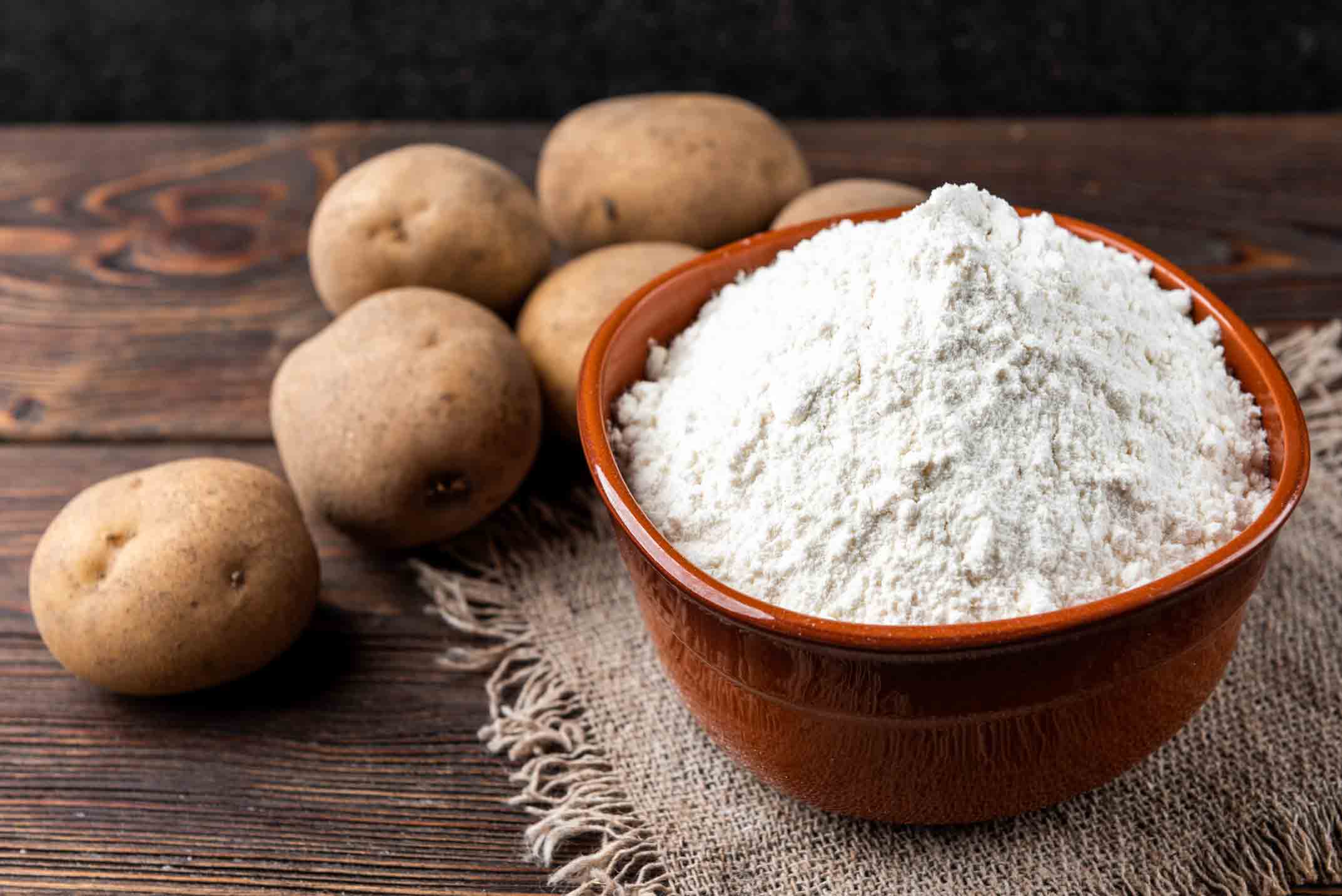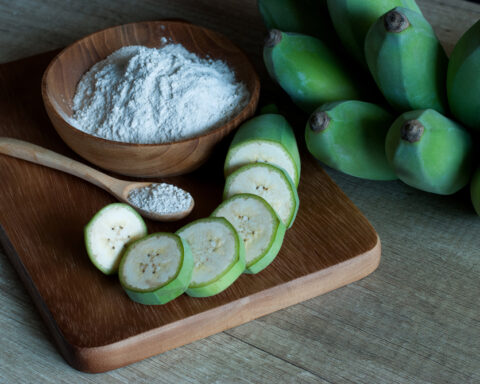What is resistant starch?
Resistant starch is the starch that evades digestion or isn’t broken down in the small intestines like regular starch. It functions similarly to soluble dietary fiber as it feeds and increases the number of good gut bacteria in the colon after fermenting to better your health. Resistant starch can be sourced from raw, cooked, or some unripe plant foods.
Why is it important in terms of health?
Resistant starch is linked to several health benefits due to its positive impact on the gut microbiome. Recent studies have shown that including foods high in resistant starch can aid in lowering and preventing the risk of certain cancers. It can alter how the gut microbiome metabolizes bile acids and lower the harmful bile acid forms responsible for DNA cell damage and cancer in the upper part of the digestive system. The studies conclude that resistant starch can significantly help manage Lynch Syndrome, alleviating the risk of pancreatic, gastric, duodenum, oesophageal, and biliary tract cancers.
Resistant starch can also improve gut health, heighten the number of good bacteria that prevents constipation and GI disorders, reduce harmful cholesterol or blood glucose levels, and boost insulin sensitivity.
How can people get more resistant starch in their diet?
I recommend you include the foods below in your diet to increase your resistant starch intake;
- Cereals
- Whole grains like barley or sorghum
- Soaked and well-cooked pinto, black, fava, or soybeans.
- Add 2 tablespoons of raw potato to your smoothies or fermented drinks.
- Eating rice or potatoes that are cooled after cooking.
- Unripe or green bananas
- Oats
- Chickpeas vs. Garbanzo Beans: What’s the Difference? - April 19, 2024
- How to Manage or Improve Anxiety - September 21, 2023
- The birth of a company - July 29, 2023







